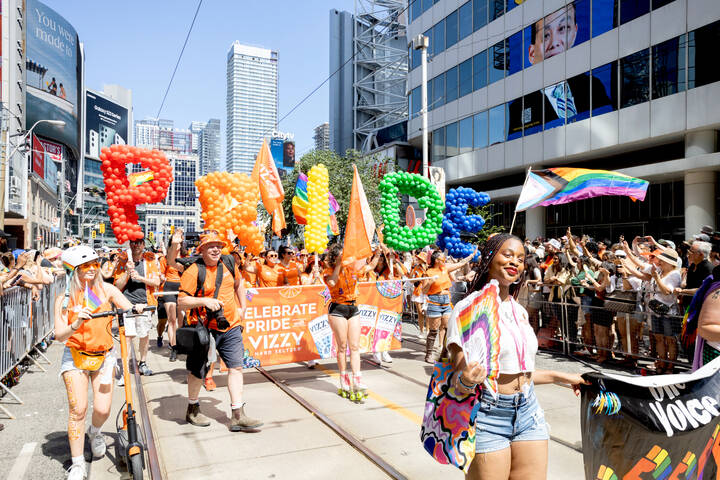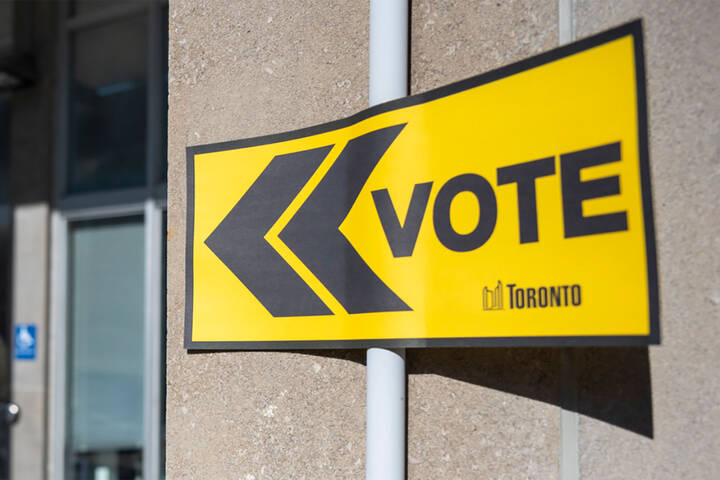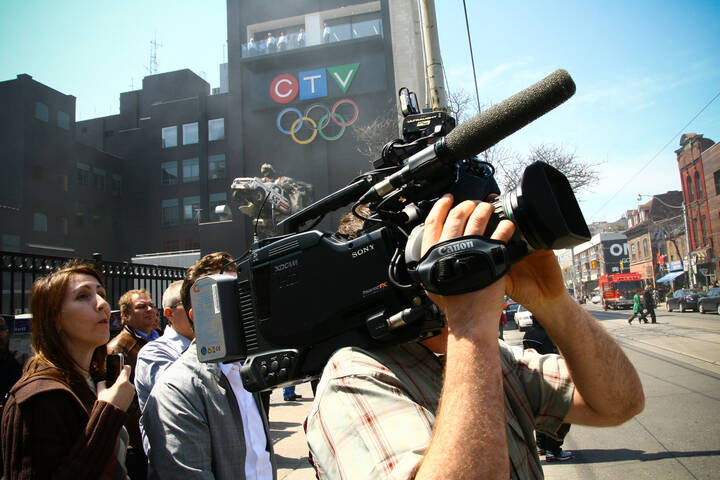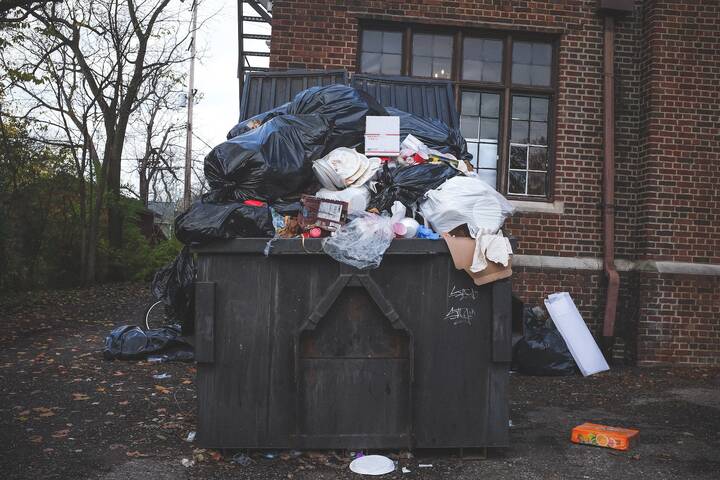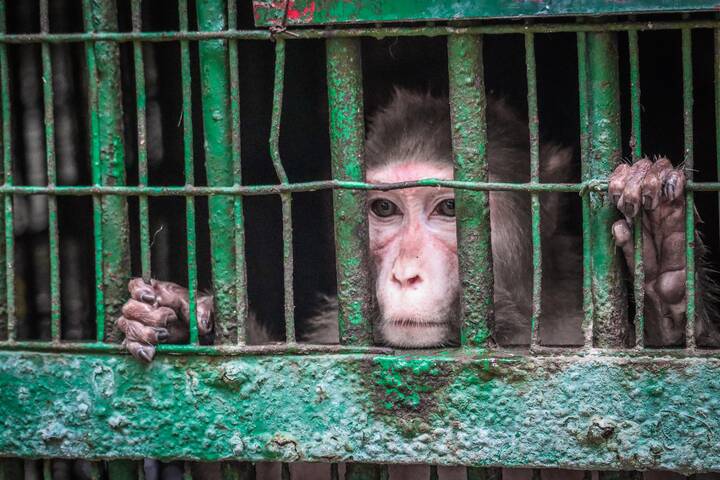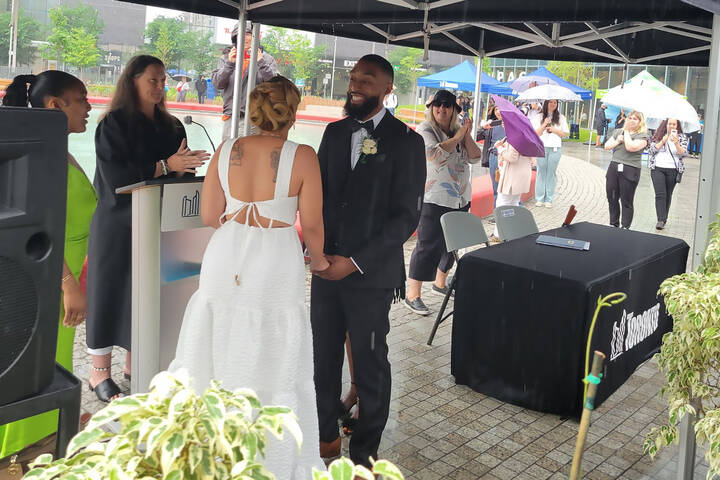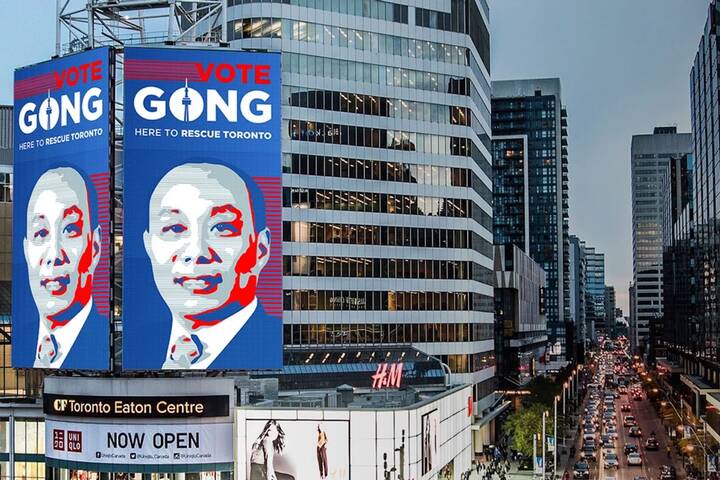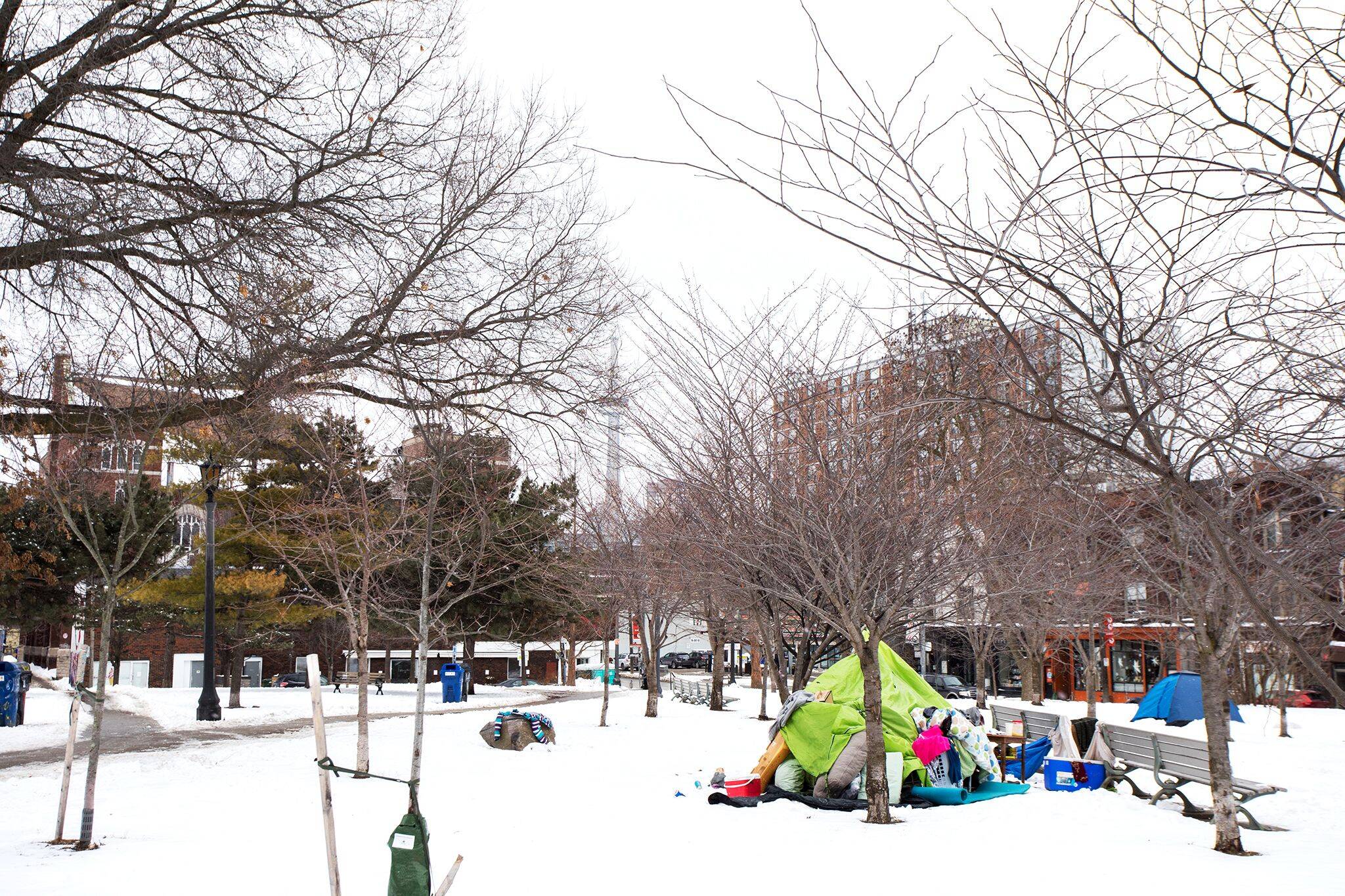
Homeless people in Toronto share what life is like in Trinity Bellwoods encampments
Homelessness advocates estimate that there are between 1,000 and 2,000 people sleeping in outdoor encampments in Toronto every night, a number that has increased significantly since the pandemic first began last spring.
And while the city continues totake extraordinary measures to have these tents and structures removedfrom parks, one local photojournalist took it upon herself to find out why so many people prefer living in these encampments, even in the dead of winter, to entering the shelter system.
李安妮Beck最近创建的a short documentaryaboutthe people living in Trinity Bellwoods Park, and she said she made it with the hope that it would finally result in concrete change.
"Since I was very young, I have always been curious about the homeless population and why it is such an issue that continues to grow in our cities," Beck told blogTO, revealing that she too experienced homelessness as a teenager.
"This issue has reached a tipping point and very little has improved since then. By creating awareness, I feel that we can get the attention of the right person in power that can make a difference."
The five-minute video includes clips of Trinity Bellwoods residents playing music and painting, and it also features several interviews with those living in the park.
One resident, who goes by the name of "Jimmy The Artist," says in the clip that he thought homeless people were simply "a pain in the ass" before he too lost his home.
He adds that when a person enters the shelter system, someone else dictates what belongings they can and can't bring with them, which is one of the reasons so many people prefer to stay outside.
"My park, compared to other parks, people don't lose their things, people don't get robbed," he says. "For some reason, my park is protected and that's why I'm not leaving. I'm not going to take the hotel program, I'm not going to do any of that until the end. Until whenever I can."
Another resident, who is referrred to as "The Letter J" in the short doc, explains that despite what the city may claim, there just isn't enough housing or shelter space to go around.
"If the public housing is available, why are we still out here? It doesn't make sense. That's why they didn't pass the bylaw," he says, referring toa recent court decisionthat upheld the city's ability to evict residents from public parks.
"They said there's enough affordable housing to go around, and there's enough shelters. There's not even enough shelter beds right now."
According to Fred Victor, the city's shelter system is consistently at 98 per cent capacity, and COVID-19 outbreaks have presented yet another reason for those experiencing homelessness to stay away.
A man named Richie, meanwhile, says in the video that many people in the shelter system are constantly thinking about who they're going to rob next.
“我不需要,”他说。“我宁愿是here in the cold than in one of them shelter systems."
The documentary happened to be released on the very same daythe city filed an injuctionagainst local carpenterKhaleel Seivwright要求他op building and placing histiny, insulated, wooden shelterson city-owned land, a move that has prompted outrage and upset from advocates and members of the public alike.
https://t.co/KvGNoT3Am6
— John Clarke (@JohnOCAP)February 20, 2021
For the City of#Torontoto argue that such shelter options for#homelesspeople should be removed in the interests of safety is like telling people in a leaky boat that they'd be better off in the water.
Back in January, Seivwrightalso created a short documentaryabout what a difference the tiny shelters had made in people's lives, and the eight people interviewed in the video all said they had improved their lives for the better.
Beck, meanwhile, told blogTO she has even more footage she is hoping to share soon, adding that she learned from working on this project that people living in parks don't feel like the city treats them as human beings.
"These people come from struggle and they got caught in a system that is broken and they are trying their very best to work through it, but the support from the city is weak at best," she said.
"They are positive, hopeful and beautiful humans. Some of these people are living outside because of the pandemic, some have been living outside long before, but they are all part of the broken system."
Many of the people experiencing homelessness feel like the city just wants them out of sight and out of mind, Beck added.
"I believe it's important for the public to see because I feel people living in cities have grown accustomed to homelessness. They have grown [so] used to seeing people sleeping on sidewalks and parks that it has almost become a backdrop to the city and becomes ignored," she said.
"People begin to unconsciously dehumanize people living outside. Not checking to see if someone lying on the ground, for instance, is asleep or not alive. This is something we should not be desensitized to, but we are," she continued.
"The fact that communities have needed to come together so much in the past months to donate simple necessities and for the city to see that their citizens are taking the reigns to keep our neighbours alive and well. I want people to not fear people living outside. I want to break that stigma. I want to give the power back to the people where it is deserved."
Beck's documentary is dedicated to a former Trinity Bellwoods resident named Bleecker who died tragically of a fentanyl overdose in the park on Dec 27.
Fareen Karim
Latest Videos
Latest Videos
Join the conversationLoadcomments
